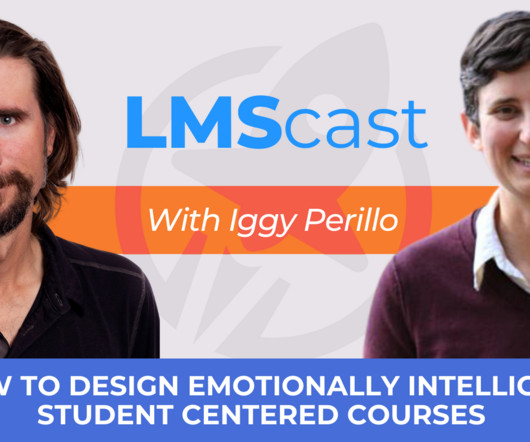How the 8 Effects of Arts Education Are Changing Online Pedagogy, Part 4
Kadenze
APRIL 29, 2019
discusses the distinctive effects arts-led learning is having on online learning design. Have you also noticed the same approach is used over and over to teach about ‘learning’? This series has discussed the way eight learning effects drawn from the principles of arts education can be used to enrich online pedagogy.





























Let's personalize your content